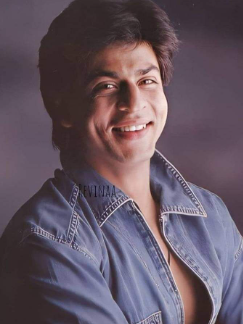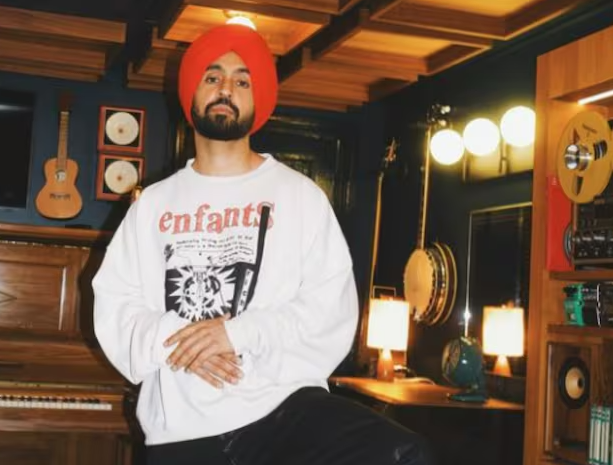On Shah Rukh Khan’s 58th Birthday, Reflecting on His Legacy of Politically Conscious Cinema, Highlighted by the Recent Pathaan and Jawan Successes.
If Dunki indeed centers around a man aiding stranded Indians returning to their homeland, it signifies Shah Rukh Khan’s third film this year with a patriotic theme, following the impactful Pathaan and Jawan. Released in quick succession, these films showcased a more impassioned Shah Rukh, addressing the post-pandemic and post-Aryan arrest world. Both Pathaan and Jawan featured the superstar in roles that were emotionally charged but comfortably nestled within a filmography never as politically neutral as commonly believed.
In Pathaan, Shah Rukh portrayed a covert agent who critiqued India’s militaristic approach to conflicts, engaged in a cross-border romance, and delivered the memorable line, “Ask not what your country can do for you, ask what you can do for your country.” Jawan saw Shah Rukh break the fourth wall, urging Indian citizens to exercise their voting rights responsibly, emphasizing the immense responsibility they bear without blaming them for the nation’s state.
Shah Rukh Khan, unlike some of his contemporaries, hasn’t always played it safe. Early in his career, before becoming synonymous with romantic roles, he portrayed anti-heroes. This year, he returned to his roots.
The themes explored in Pathaan and Jawan were originally addressed by Shah Rukh over two and a half decades ago in the film Dil Se…, directed by Mani Ratnam. This movie confronted insurgency in Assam and critically examined the Indian government’s handling of the situation. Dil Se… remains pertinent today, given the developments in Manipur this year. Similarly, the 2000 film Phir Bhi Dil Hai Hindustani delved into the intricate relationship between the government and TV news media, resembling a concept for a 2023 film. If Jawan could be seen as a companion piece to Ravish Kumar’s documentary “While We Watched,” the same applies to Phir Bhi Dil Hai Hindustani.
In the mid-2000s, Shah Rukh explored politics from a more introspective perspective. His movies from this period suggested that one’s ideologies stem from their character, not just the external chaos. Swades, Chak De India!, and My Name is Khan, all backed by substantial budgets and major studios, each tackled significant social issues. Swades remains pertinent in ongoing debates about the role of NRIs in discussions about the country’s affairs. Chak De and My Name is Khan spotlighted Indian Muslims at a time when society was reevaluating its perception of them. Then there’s Raees, arguably Shah Rukh’s most politically charged film before Jawan, drawing parallels to the 2002 Gujarat riots and unambiguously addressing the titular character’s Muslim identity, even though Shah Rukh hesitated to label it a “gangster film” before its release.
The Raees situation highlighted two key points: first, Shah Rukh can’t risk alienating his audience, and second, the resolve he may occasionally lack in real life, he can muster on the screen. Continually pressured by the left to speak out against intolerance and criticized by the right for not conforming, Shah Rukh has often found himself in a difficult position. Yet one thing remains undeniable: he takes his cinema seriously. While he may be constrained in real life, on the silver screen, he is liberated. Come to think of it, his signature pose makes complete sense.




